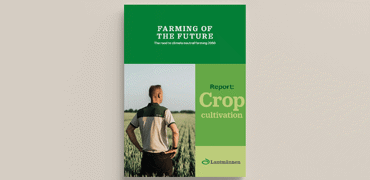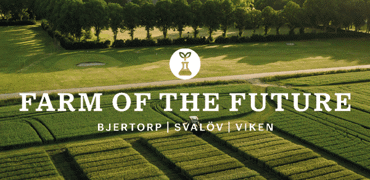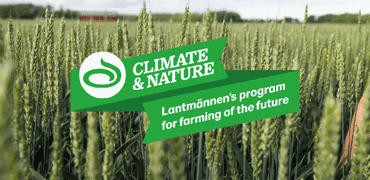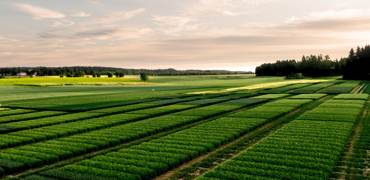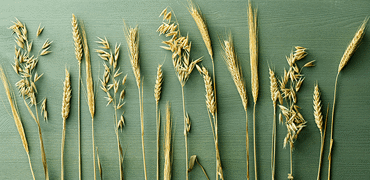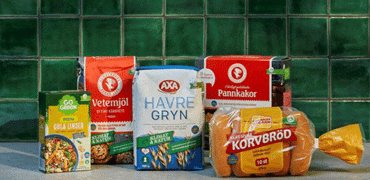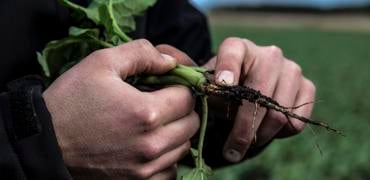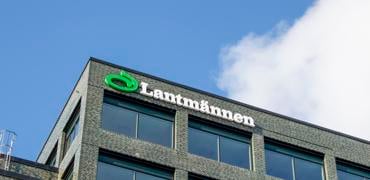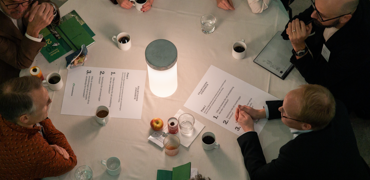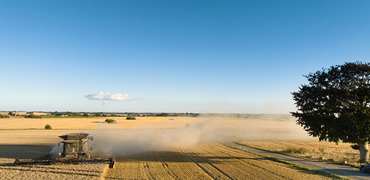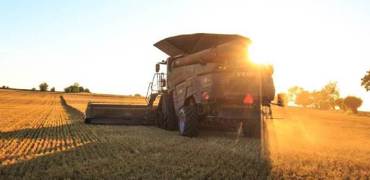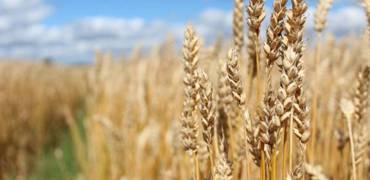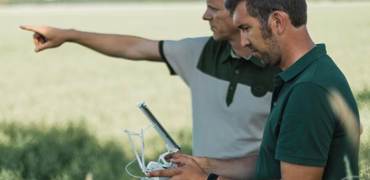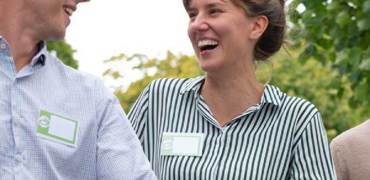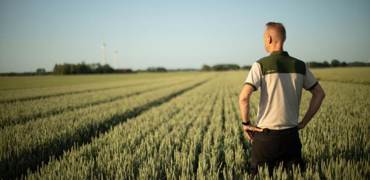Research to realize the Farming of the Future
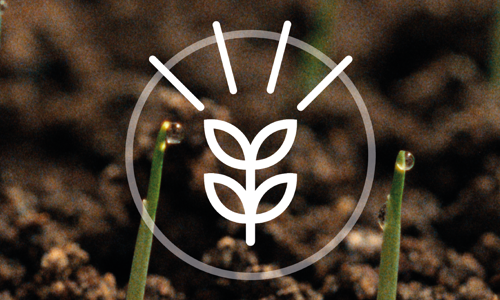
In 2023, Lantmännen’s Research Foundation awarded SEK 28 million in the three focus areas – Agriculture and Machinery, Food and Health, and Bioenergy and Green Materials. Here, Helena Fredriksson, Head of Research at the Foundation, talks about some of the projects that have been granted funding. Among the new projects, increased productivity and resource efficiency – is crucial new knowledge in order to achieve more sustainable farming in the future.
Together with my colleagues at Lantmännen’s Research Foundation, we are starting to reach the finish line with the signing of contracts for the 20 or so projects that were granted funding last autumn. It has been exciting to see all the applications that came in, a total of 74, and a big challenge to choose the projects that would receive funding.
In 2023, Lantmännen’s Research Foundation awarded SEK 28 million in the three focus areas – Agriculture and Machinery, Food and Health, and Bioenergy and Green Materials. All applications were assessed by review panels consisting of farmers, academia and Lantmännen officials. Something that is important to us, to create a broad support and ensure the benefits for Swedish agriculture.
Among the new projects, several focus on increased productivity and resource efficiency.
Ever since 1986, the Foundation has invested in research throughout the value chain. Through our work, we have contributed to new knowledge and built up a research network, where we work together to increase productivity in agriculture, secure food supply and create a more robust food system that reduces climate impact.
Among the new projects, several focus on increased productivity and resource efficiency. One of the projects will take a closer look at the seed's power of vigor – the ability to grow – to develop a better measure of seed quality and the possibility of higher yields under different growing conditions. In another project, methodology for faster and more accurate analysis of seed-borne diseases will be developed, which can contribute to an improved control of plant diseases and more efficient plant breeding. We have also granted funding for a project in which researchers, together with Lantmännen, will further develop image analyses of grain using AI technology.
Another important project is about precision farming and closing the "yield gap", the difference between the field's maximum potential and current crop yields. With a better understanding of the field's variability and possible potential, we can adapt the inputs in the field, increase harvests, and ensure food security. Projects such as these, which aim to optimize yields using satellite data, farm data and decision support systems, provide crucial knowledge to ensure sustainable cultivation maintaining productivity and quality under varying climatic conditions.
Larger, long-term research investments are crucial to drive the transition, find solutions to sustainability challenges and thus close the "innovation gap" by 2050.
In one project, the researchers will develop the use of silage additives to reduce waste and maintain the quality of the feed. The results can increase resource efficiency and profitability on the farm by improving feed value and milk production. We have also given funding to a project linked to better understanding germination of in malting barley. In another project, we will utilize the health benefits of oats in the development of Lantmännen's
feed for horses.
Overall, we hope that the results from the projects will be able to strengthen both crop and animal production in Sweden, with increased productivity and reduced climate impact. This is where Lantmännen and our Research Foundation have a unique position. We can use this knowledge in our various operations and create value throughout the value chain. For example, through product innovation, process improvements and new business models that contribute to more thriving farming.
Over the years, we have participated in more than five hundred research projects and studies, and we will continue to build on our knowledge. Larger, long-term research investments are crucial to drive the transition, find solutions to sustainability challenges and thus close the "innovation gap" by 2050. In this way, we can realize a sustainable and profitable farming of the future. It is gratifying for me and my colleagues to be able to contribute to this transition.






